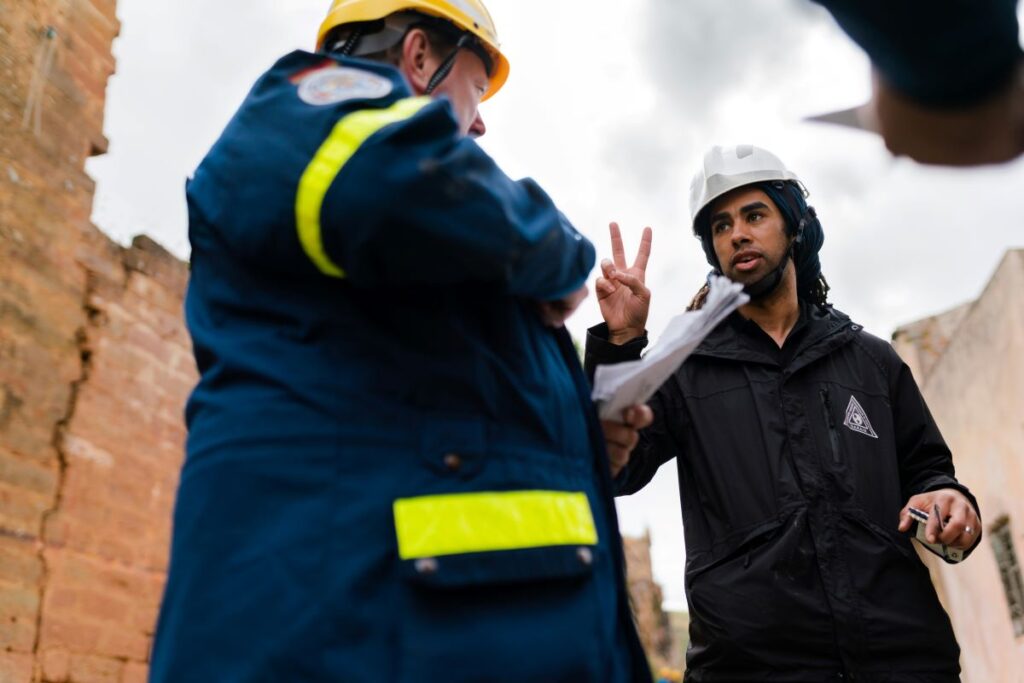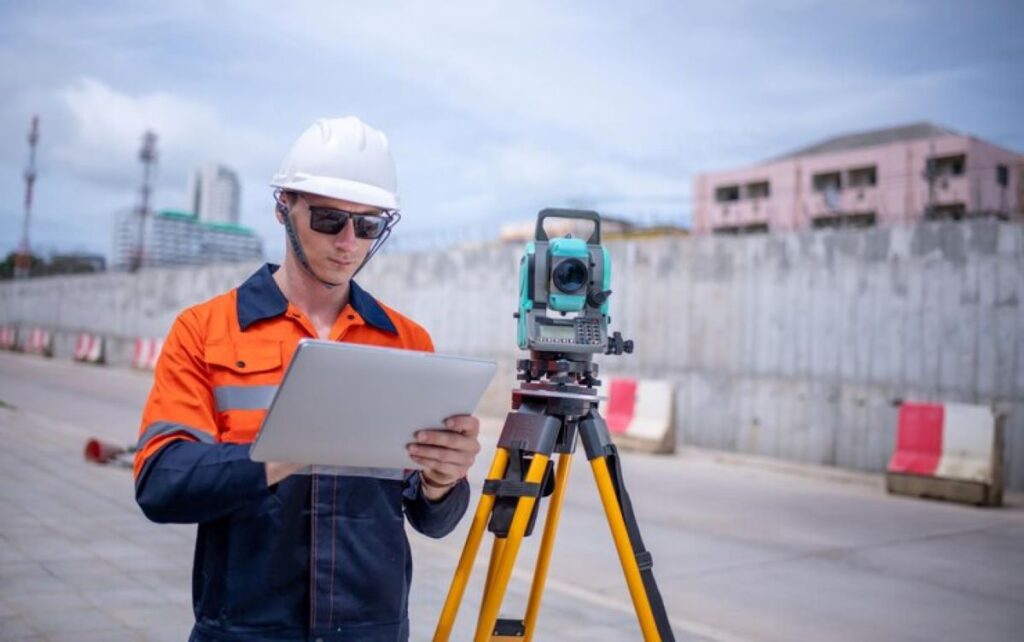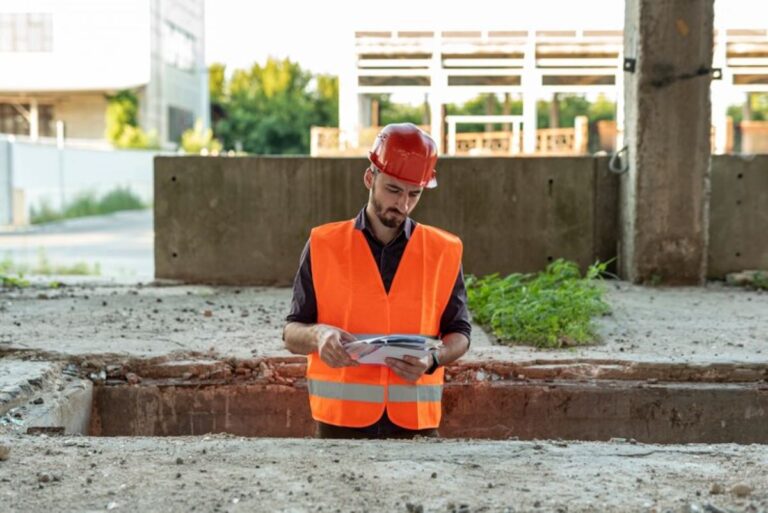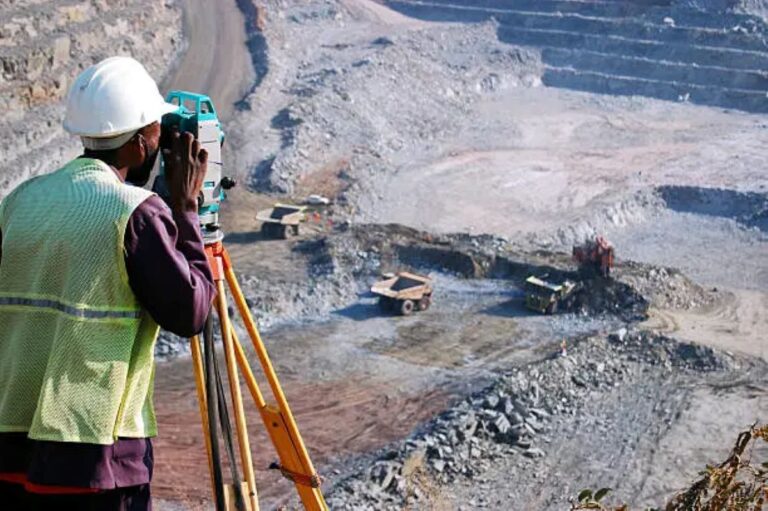In the realm of construction, precision and accuracy are paramount. Engineering surveyors play a critical role in ensuring that construction projects are executed with meticulous attention to detail. Their expertise in measurement and data analysis forms the backbone of successful project execution, from initial planning through to completion. Understanding the contributions of an engineering surveyor can illuminate the indispensable nature of their work within the construction industry.
The Role of an Engineering Surveyor
Defining the Scope of Work
An engineering surveyor is responsible for establishing the precise boundaries and layout of a construction site. This involves conducting detailed surveys to determine the topography and existing features of the land. By doing so, they provide essential data that informs the design and planning phases of a project. Their work ensures that architects and engineers have a clear understanding of the site’s characteristics, which is crucial for creating accurate and feasible designs.
Beyond initial site assessments, engineering surveyors are tasked with ongoing monitoring throughout the construction process. They ensure that the project adheres to the planned specifications and that any deviations are promptly addressed. This continuous oversight helps in maintaining the integrity of the project and prevents costly errors or delays.
Utilising Advanced Technology
Modern engineering surveyors employ a range of advanced technologies to perform their duties. Tools such as GPS, laser scanning, and drones are commonly used to gather precise data quickly and efficiently. These technologies enable surveyors to create detailed 3D models of the construction site, which can be used for various analyses and simulations. The integration of these technologies not only enhances accuracy but also improves the speed at which data can be collected and processed.
Furthermore, the use of Geographic Information Systems (GIS) allows surveyors to manage and analyse spatial data effectively. GIS technology provides a platform for visualising complex datasets, facilitating better decision-making and communication among project stakeholders. This technological prowess is a testament to the evolving nature of the surveyor’s role in modern construction projects.
Contributions to Project Planning and Design
Ensuring Compliance with Regulations
Engineering surveyors play a pivotal role in ensuring that construction projects comply with local and national regulations. They are responsible for verifying that the proposed designs meet zoning laws, building codes, and environmental regulations. This compliance is crucial for obtaining necessary permits and avoiding legal complications that could hinder project progress.
Surveyors also assess the environmental impact of construction activities, providing insights into how projects can be executed sustainably. By identifying potential environmental risks early on, they help in devising strategies to mitigate these impacts, thereby promoting eco-friendly construction practices.
Facilitating Accurate Design Implementation
The data provided by engineering surveyors is integral to the design process. Accurate measurements and site assessments ensure that the designs are feasible and can be implemented without significant alterations. Surveyors work closely with architects and engineers to translate design concepts into practical, buildable plans.
During the construction phase, surveyors continue to provide support by verifying that the work aligns with the design specifications. They conduct regular checks and measurements to ensure that the construction is proceeding as planned, making adjustments as necessary to maintain alignment with the original design.
Enhancing Construction Efficiency
Minimising Errors and Rework
One of the primary contributions of engineering surveyors is the reduction of errors and the need for rework. By providing precise data and continuous monitoring, surveyors help in identifying potential issues before they escalate into significant problems. This proactive approach minimises the risk of costly mistakes and ensures that the project remains on schedule.
Surveyors also play a role in conflict resolution by providing objective data that can be used to address discrepancies between different project stakeholders. Their impartial assessments help in resolving disputes quickly, allowing the project to progress smoothly.
Optimising Resource Allocation
Engineering surveyors contribute to the efficient allocation of resources by providing detailed site analysis. Their insights into the terrain and existing conditions enable project managers to plan the use of materials and labour more effectively. This optimisation reduces waste and ensures that resources are utilised in the most efficient manner possible.
Additionally, surveyors assist in the planning of logistics and site access, ensuring that construction activities are carried out with minimal disruption. Their expertise in spatial planning helps in organising the site layout to facilitate smooth operations and enhance productivity.

Ensuring Safety and Quality Control
Implementing Safety Measures
Safety is a paramount concern in construction, and engineering surveyors play a crucial role in ensuring a safe working environment. They identify potential hazards and provide recommendations for mitigating risks. By conducting thorough site assessments, surveyors help in establishing safety protocols that protect workers and the public.
Surveyors also monitor the stability of structures during construction, ensuring that they are built to withstand the intended loads and environmental conditions. Their vigilance in maintaining safety standards contributes to the overall success and sustainability of the project.
Maintaining Quality Standards
Quality control is another area where engineering surveyors make significant contributions. They ensure that construction materials and techniques meet the required standards and specifications. By conducting regular inspections and tests, surveyors verify that the project is being executed to the highest quality standards.
Their attention to detail and commitment to excellence help in delivering a finished product that meets or exceeds client expectations. This focus on quality not only enhances the reputation of the construction firm but also ensures the longevity and durability of the structures being built.
The Future of Engineering Surveying in Construction
Embracing Technological Advancements
The future of engineering surveying is closely tied to technological advancements. As new tools and software continue to emerge, surveyors will have access to even more precise and efficient methods of data collection and analysis. The integration of artificial intelligence and machine learning into surveying practices is expected to revolutionise the industry, providing new opportunities for innovation and improvement.
These advancements will enable surveyors to provide even greater value to construction projects, enhancing their ability to contribute to successful outcomes. The continued evolution of technology will ensure that engineering surveyors remain at the forefront of the construction industry, driving progress and excellence.

Adapting to Changing Industry Needs
As the construction industry evolves, so too must the role of the engineering surveyor. Surveyors will need to adapt to changing industry needs, including the growing emphasis on sustainability and environmental responsibility. By embracing new methodologies and practices, surveyors can continue to provide essential services that meet the demands of modern construction projects.
The ability to adapt and innovate will be key to the future success of engineering surveyors. By staying abreast of industry trends and developments, they can ensure that they remain indispensable contributors to the construction process, helping to shape the built environment of tomorrow.



